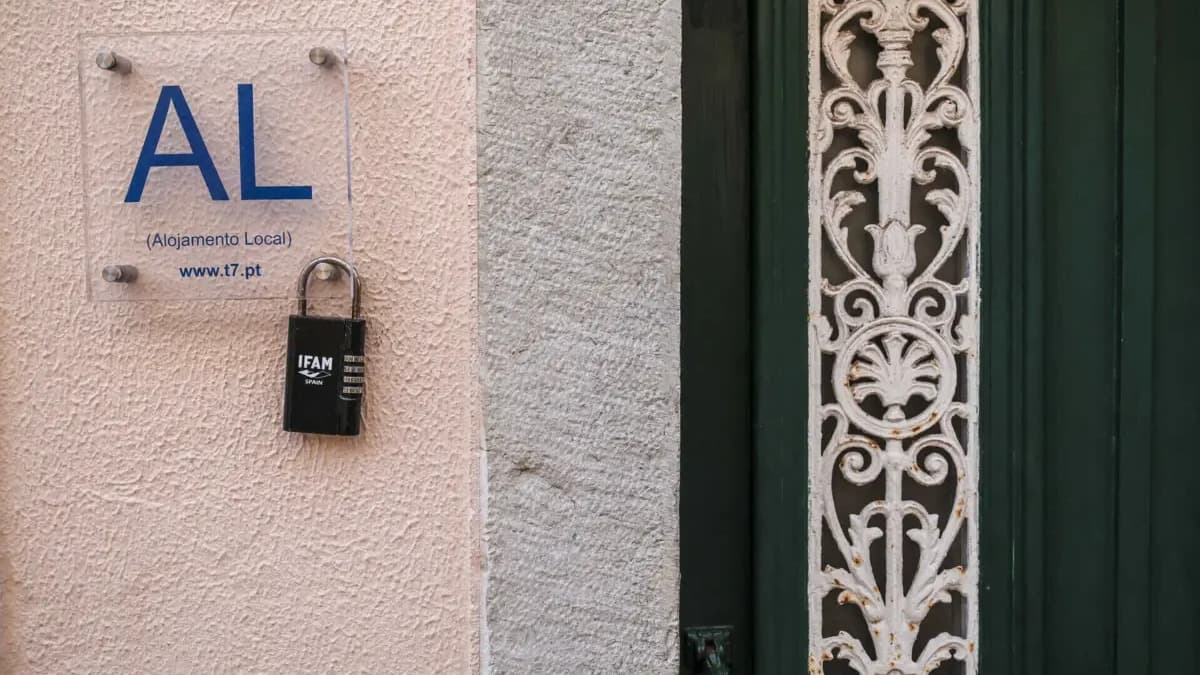Lisbon Grapples with Overtourism as Housing Prices Surge and Regulations Loom
A recent announcement from Portugal's National Statistics Institute (INE) has highlighted the significant economic impact of tourism, which contributed €34 billion, or 11.9% of GDP, in 2024. However, government and tourism authorities are now facing mounting pressure to address the negative externalities of this success, particularly concerning the short-term rental market and its effect on housing affordability. The proliferation of 'Alojamento Local' (AL) is at the forefront of a national debate as cities like Lisbon and Porto experience unprecedented housing pressure.
Specific regulations for short-term rental properties are becoming a central topic of discussion. While Portugal has benefited from a liberal approach, other European capitals have implemented stricter controls. In Barcelona, authorities have begun revoking AL licenses in saturated areas. Paris and London have instituted a 90-night annual cap for non-primary residences. These international precedents are now being closely examined by Portuguese policymakers as they consider how to manage the market's explosive growth.
Currently, property owners in Portugal must obtain a license to operate a short-term rental, a process that has been relatively straightforward. However, the debate is shifting towards more stringent requirements, potentially including limitations on the number of licenses per owner or per building, and stricter enforcement of tax and safety compliance. The objective of any new regulation would be to balance the economic benefits of tourism with the housing needs of the local population.
Revenue projections for property owners in the short-term rental market have been strong, but potential tax implications could change. Experts suggest that future policies might include higher property taxes (IMI) for AL units or changes to the simplified tax regime that has made the sector attractive to small investors. These measures would aim to level the playing field with the long-term rental market and encourage more property owners to offer housing to residents.
Property owner compliance obligations are likely to increase. This could involve more rigorous inspections, mandatory insurance requirements, and stricter adherence to condominium rules, which have been a source of conflict between tourist accommodations and residents. The government is being pushed to create a clearer legal framework to resolve these disputes.
Need Expert Guidance?
Get personalized insights from verified real estate professionals, lawyers, architects, and more.
The impact on neighborhoods, particularly historic districts like Lisbon's Alfama and Baixa, is a key community consideration. Resident associations are becoming more vocal, demanding action to curb the 'hollowing out' of their communities and the loss of traditional commerce. In response, some municipalities are exploring zoning restrictions that would limit or ban new AL licenses in the most heavily affected areas.
Data sharing requirements with platforms like Airbnb and Booking.com are also on the table. Authorities are seeking better data to monitor the market, enforce regulations, and understand the true scale of tourist accommodation. This would enable more effective enforcement procedures and the application of penalties for violations, which critics say are currently lacking.
The market's supply and demand dynamics are stark. Data shows a 125% increase in Lisbon's median house valuation between 2011 and 2024, a surge directly linked to the tourism boom. Meanwhile, the supply of affordable long-term rentals has dwindled, creating what many describe as a housing crisis. Future regulatory developments will be aimed at correcting this imbalance.
The government faces a difficult task. With tourism accounting for a significant portion of the economy, drastic measures are seen as politically and economically risky. However, the growing public discontent, evidenced by protests and widespread media coverage, is making inaction equally untenable. The coming months are expected to bring a series of reviews and potential new legislation aimed at creating a more sustainable tourism model.
Discover rental property opportunities and regulations at realestate-lisbon.com.




